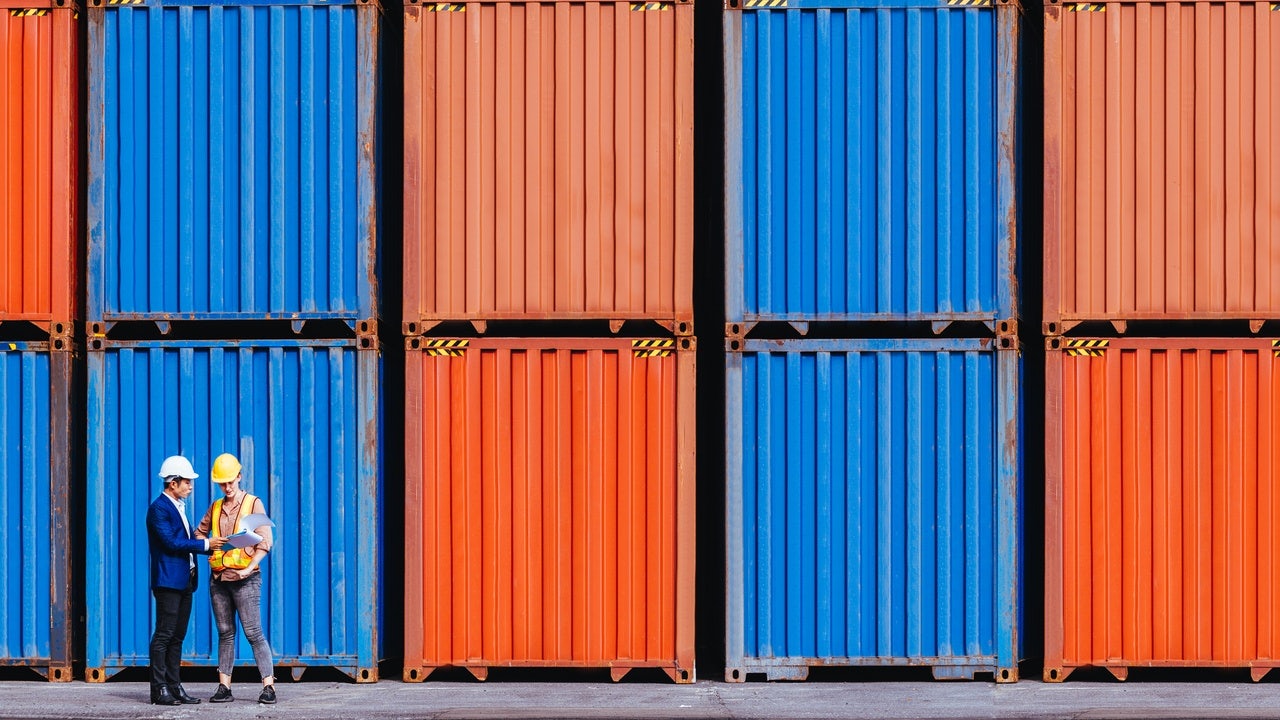What happened
: On December 1, 2020, a new and controversial Export Control Law went into effect in China, which authorizes China to obstruct the export of goods and services that are thought to impact China's national security. Beijing will decide later what goods and services are most related to protecting national security. But China has underlined extraterritorial applications of the new law, which means that foreign companies operating in China could be affected.
Jing Take#
: Although the new law is widely being interpreted as a response to President Trump’s export controls and his war on Chinese technology companies, the reality is far more complex. The move goes beyond the familiar set of tit-for-tat disciplinary measures and is more in line with provisions previously adopted by other major global economies.
The essence of these aggressive export controls might be political, but we must keep in mind that the US has been implementing similar provisions for centuries. Under the pretense of protecting national security, US policymakers have instilled various policies to discourage national competitiveness.
Through the Arms Export Control Act (AECA), the International Emergency Economic Powers Act (IEEPA), the Export Controls Act of 2018 (ECA), and other authorities, the United States restricts the export of defense articles; dual-use goods and technology; certain nuclear materials and technology; and items that would assist in the proliferation of nuclear, chemical, and biological weapons or the missile technology used to deliver them,” says a paper from the Federation of American Scientists called The US Export Control System and the Export Control Reform Initiative.
The same paper highlights how the US is entitled to impose export controls on certain countries around the world (Iran, Syria, Cuba, etc.) But the US is not the only advanced economy that uses an export control system to penalize competitors. As such, China’s new Export Control Law is in line with regulations for other major economies.
Concerning retail, the new law might provoke temporary disruptions to the global supply chain, but there are corrective actions that can be taken to minimize that impact. But for foreign businesses that see this law as a red flag, they can consider relocating their production lines to Vietnam or other Southeast Asian markets.
The Jing Take reports on a piece of the leading news and presents our editorial team’s analysis of the key implications for the luxury industry. In the recurring column, we analyze everything from product drops and mergers to heated debate sprouting on Chinese social media.
